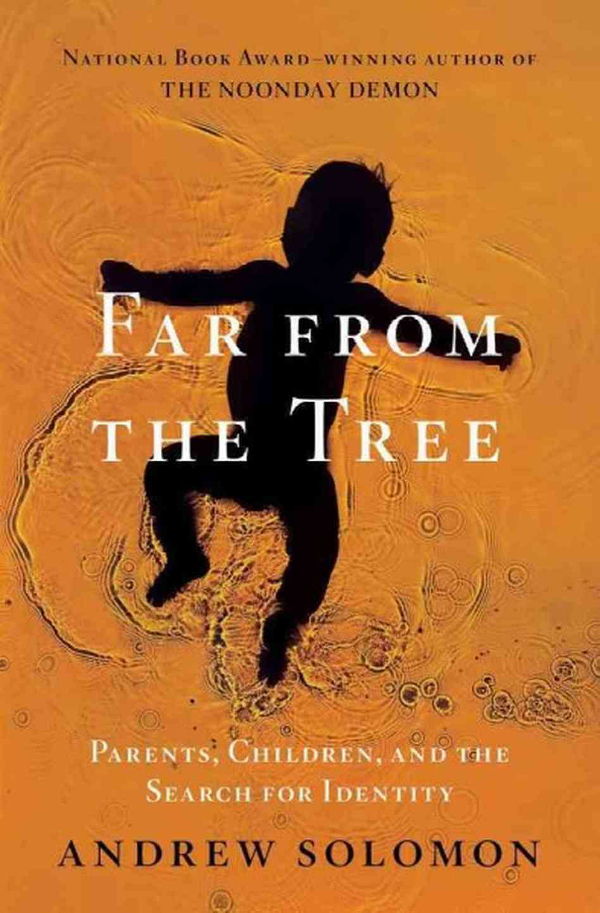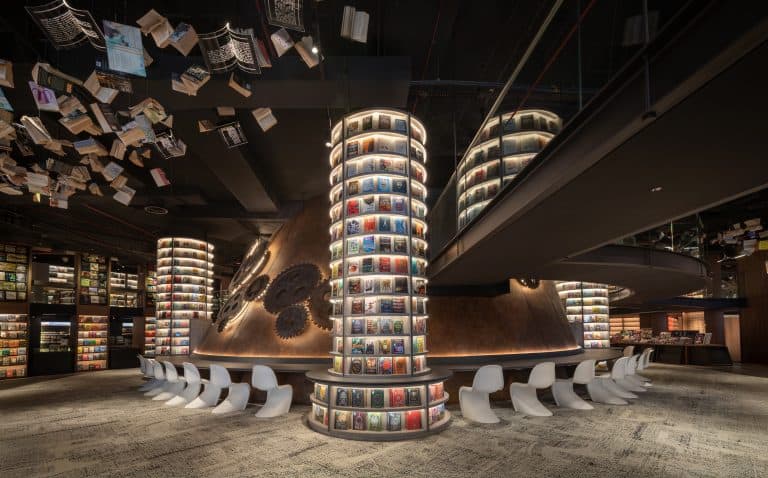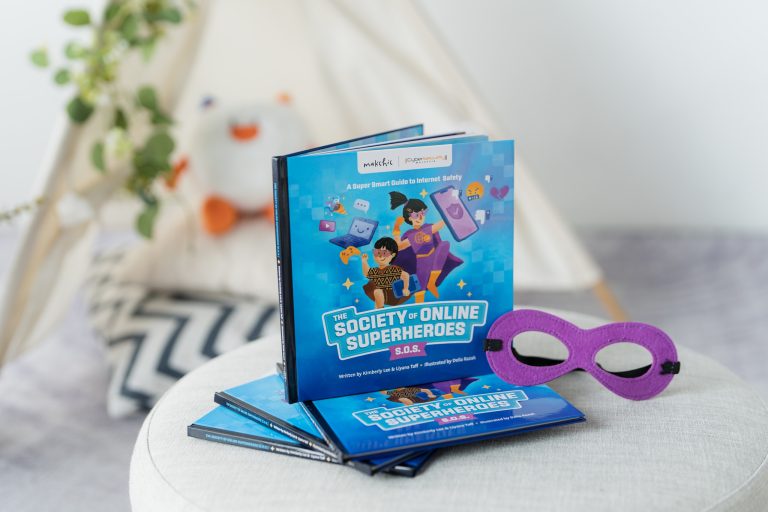
I think every parent should read Far From the Tree by Andrew Solomon. It’s a huge piece of work and I’ll admit that lugging the volume around wasn’t easy, but it has been the most life-changing book I’ve read about raising children. As a sociology minor and a new mum, I’ve picked up nearly every psycho-sociological-study book out there – yet none have taught me as much as the testimonies and research shared by Solomon.
Parents (myself included) are always crediting their children as being so much ‘like’ them. In fact one of the first questions everyone asks when a baby is born is, “who does he look like?” Followed by the same speculation every time; “I think he looks like his mum, no wait – his dad.” And yet what about when your child is nothing like either of you? What if he is autistic, a dwarf or schizophrenic? Or is this something we assume just happens to “other” people? Solomon spent 10 years studying various disabilities and identities ranging from down syndrome to children conceived in rape. He calls it having a horizontal identity; genes and prenatal influences that are separate from the child’s parents.
In a non-judgemental and deeply understanding tone, Solomon is frank about his own assumptions about the people he interviewed. I could instantly tell, without having seen a video interview of Solomon (available on www.farfromthetree.com) that he’s genuinely curious – by the sheer amount of emotional honesty the families shared. Chapters that covered dwarfism, deafness and autism had me literally in tears, as I’d never heard from parents who had suffered and loved so much. As Solomon writes, “Having exceptional children exaggerates parental tendencies; those who would be bad parents become awful parents, but those who would be good parents often become extraordinary.”
I was awakened to a world I’d never looked up from my mainstream parenting books long enough to notice, until now. I’ll be the first to admit that I live in a world where pretty much everyone I know has healthy kids, and it has all been quite comfortable and pleasant. This book has changed that perspective profoundly. When a mother gives birth to a baby she knows isn’t perfect (by the world’s standards), she still has a choice – and time and time again Solomon shows that she chooses to love. I strongly believe that parents of “normal” kids will never reach this level of self-aware love.
One of the couples in the book, Emily and Charles, did what they could when their son was diagnosed as severely brain-damaged, “Emily sewed a quilt that had a different fabric every few inches – terry cloth, velvet, AstroTurf – so that every time Jason moved he would experience a new sensation. When he was six months old, they took a giant roasting pan and filled it with Jell-O, forty packages worth, and lowered him into it so he could writhe around and experience the strange texture, and eat some of it too. They used brushes on the soles of his feet to make his toes curl up.” I may claim to love my son more than anything in the world, but passages like this throughout the book show me how love I proclaim to feel – however grand – has never been tested.
Yes, being deaf or a dwarf would have been much harder 30 years ago than it is today and yes, many parents of autistic children have paved the way for others by changing public policies and influencing the education system (especially in the U.S.), but enough advocacy movements aren’t present in enough places yet, for all children with all conditions. I won’t pretend to know what needs to change in society, but I do know that other moms like myself can gain the wisdom and insight needed to be more understanding and help in ways that matter.
A Rwandan mother of a baby conceived in rape, during war asks Solomon, “Can you tell me how to love my daughter more?” Only a despairing mother can ask a question which in itself, is so full of love. I’m a frivolous mum in many ways, and reading these words touched my heart and reminded me that having a child isn’t about having it easy, and that there are a million things to pray for other than my son’s success. Reading this book has changed my perspective as a parent, and I couldn’t recommend it to new parents more. The miracle of giving birth to someone entirely new (not reproduction), the love that is both a burden and an honor, all remains a mystery. All we can do as parents is fulfill our God-given purpose in life, and love our children as we have been loved.
–
Michelle Lim-Chua is a banana born in New York City, who fell in love with a boy from Melaka and became a mama of one.










